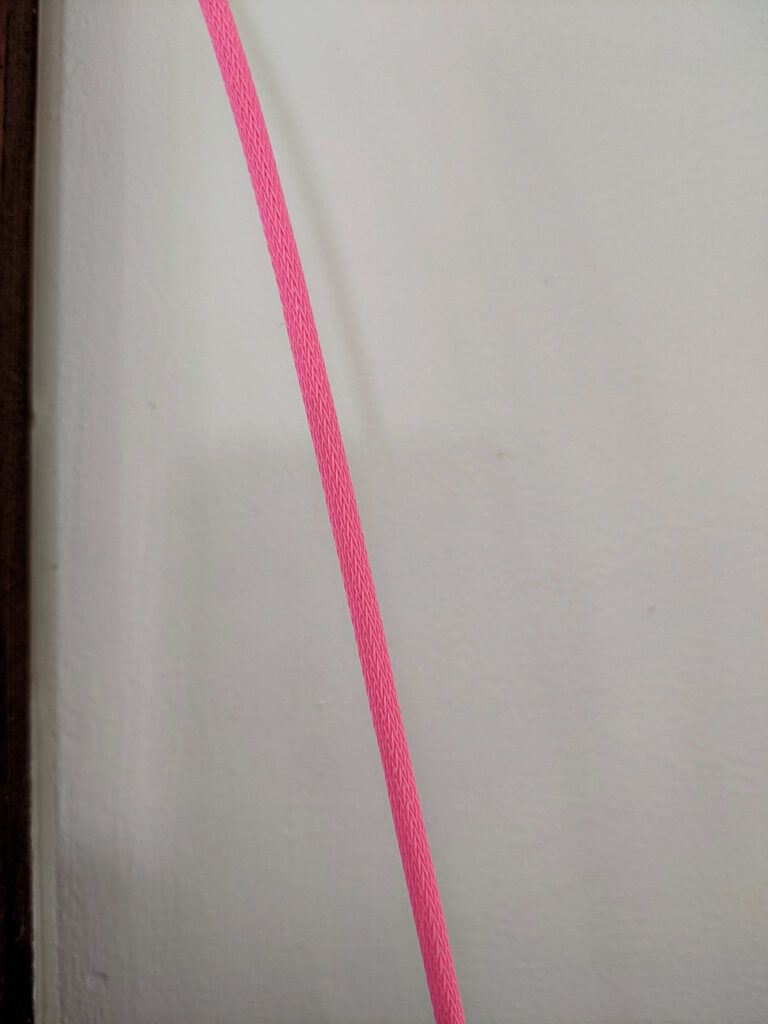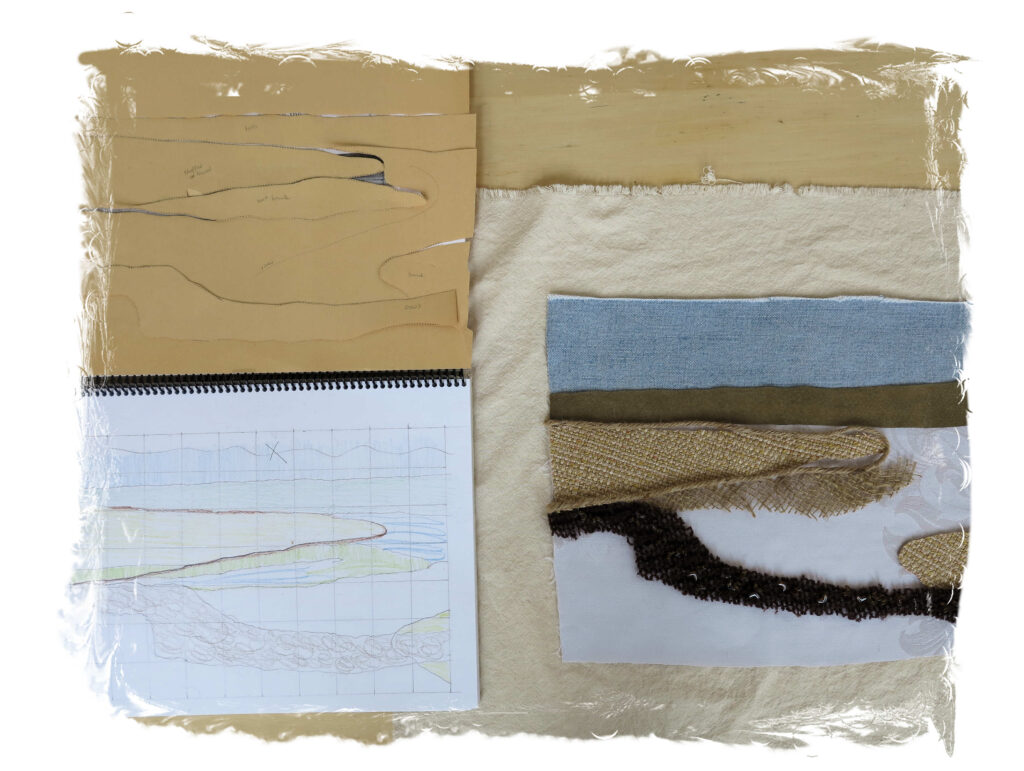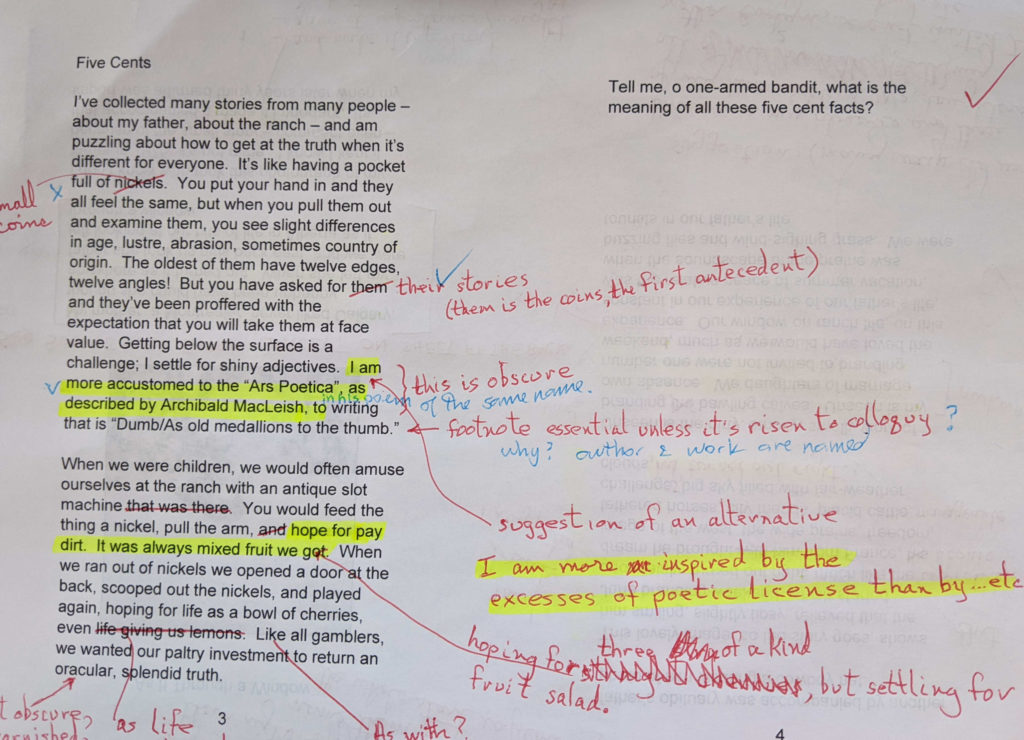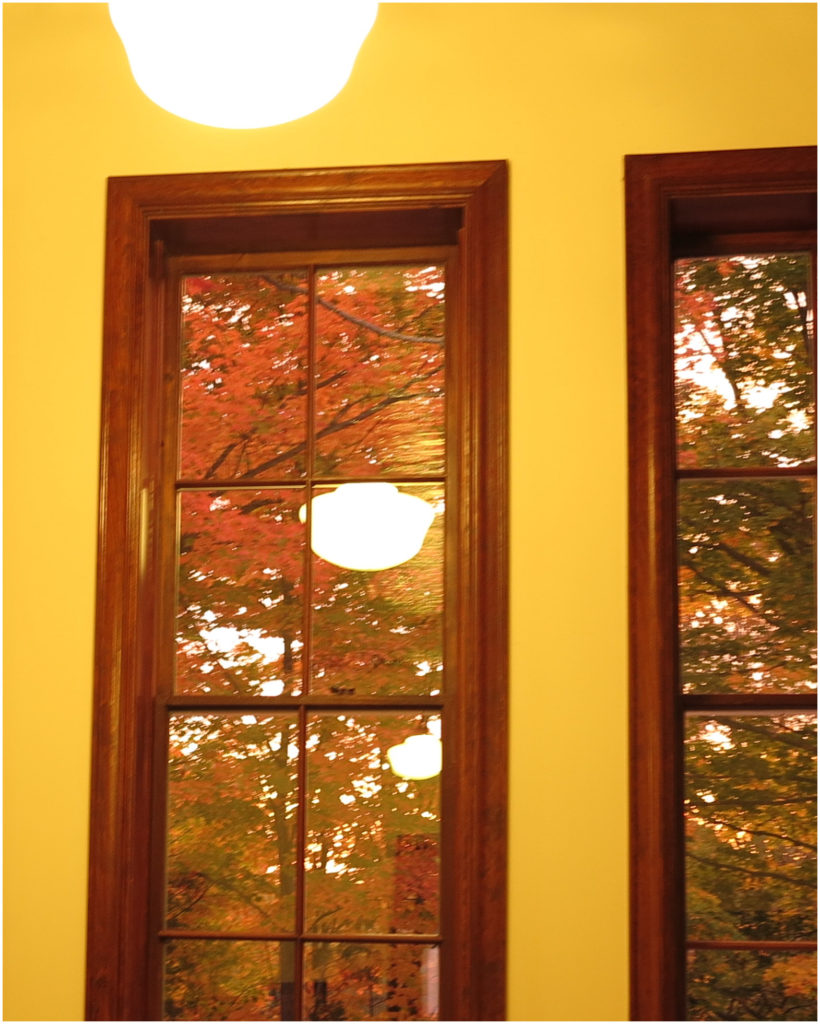studio - behind the scenes
Light changes everything

Daylight Savings Time! I’m not going to ask the all-knowing what we are saving daylight from. The whole thing is another of humanity’s absurd attempts to control the disinterested natural world. Light was the focus of this week’s contemplative photography study; how light changes that disinterested world and and our perception of it; how we can change our own clouded thinking about what is beautiful. Change was the focus of my writing this week, as I polished a poem to submit to Hill Spirits VI, the Northumberland Festival of the Arts biennial anthology of writing and art. Change is the theme this year, a topic at once so narrow and so broad that it too impels you to change your thinking, to come up with what’s fresh!
These Fridays

These Fridays, late winter, early spring, I am taking a Miksang Photography course with John McQuade called Child of Illusion. The title refers to the mind training slogan, ‘post-meditation be a child of illusion’, and reminds you to look at the world as a child would. The photograph is an example of Colour as Colour, no concepts, no judgement.

This particular Friday was art salon, and I was joined by Vicky, who brought boxes of treats. The photograph is an example of Carbs as Carbs. No judgement??
A Flash Poem
I pray my hands together pointing up into the godless silence like an arrow the arrow I just yanked from my own ribs I'm not impenetrable
This poem arose from a poetry workshop. The exercise involved a mind map, and, well, arrows! February is the longest shortest month of the year and I seem to do a lot of staring. So, it’s good to remember that a poem can come together in a flash, fast. The workshop was part of the 2022 biennial Northumberland Festival of the Arts, and 2024 is another Festival Year!
How to avoid those rejection letters….

…why, don’t submit your manuscript, of course! Divert yourself, as I am, by working on prototype illustrations. This one will be a cattle drive, rendered in found fabrics and bought beads. My memoir about my father and his ranch is essentially complete and will be sent out into the world this month. While I wordlessly wait for replies, there are three wordless creations on the drawing board.
Things get messy

Stories about my father and his ranch, which I started a year ago, have been scribbled down, typed up, workshopped, ordered, illustrated and made whole. Now my beta readers weigh in with their suggestions, knocking me off my high horse and back to earth. The last time I was knocked off a high horse was in fact on the ranch fifty years ago or so. The feeling is the same. The need to get back in the saddle is the same.
Pretty unreal

Yesterday’s pink dawn was absorbed by the peachy trees and then pink and peach were both subsumed by my fibbing phone camera and its robotic desire to please by saturating colour and smoothing out the smallest imperfections. Capturing what you perceive is easier with a digital camera, and easier still with a film camera (but oh, the wait to see the results!) Capturing not the thing but the effect it produces demands different media altogether – paint – collage – music – one scintillating word set in a reflective verse.